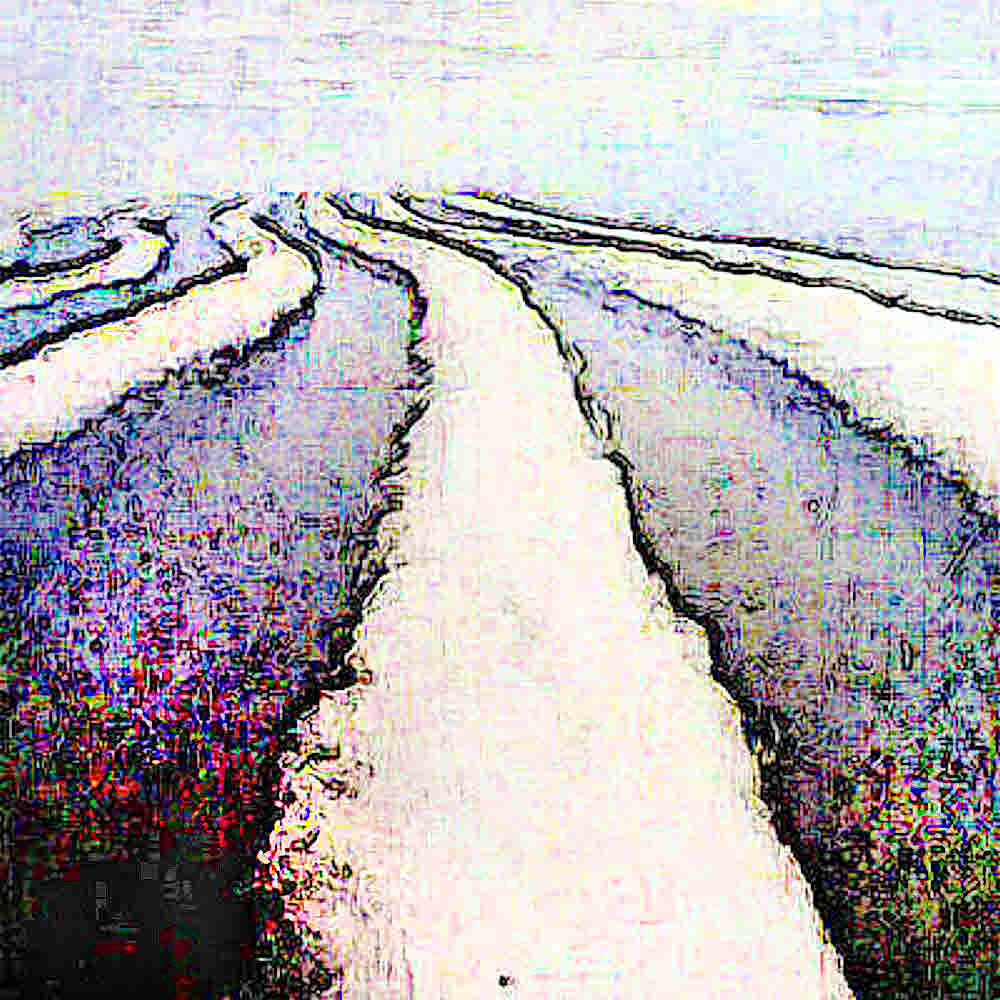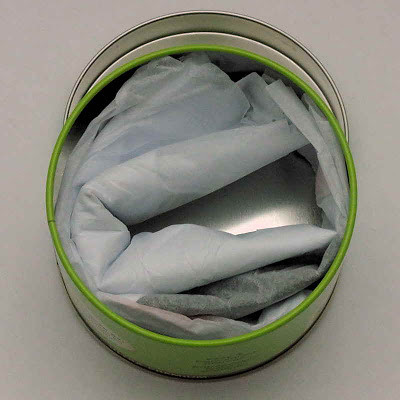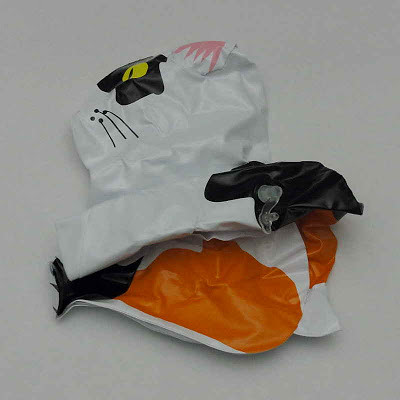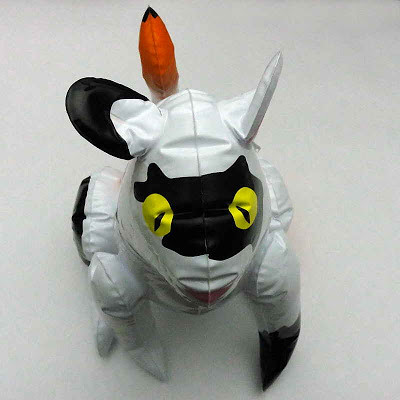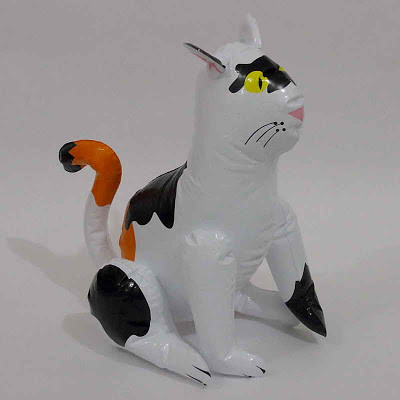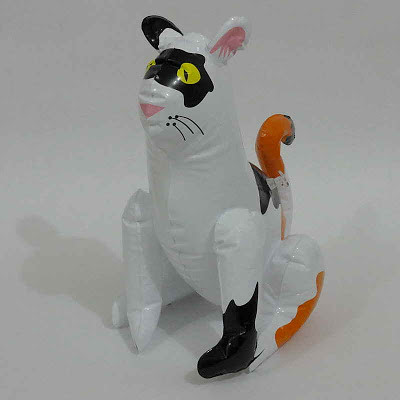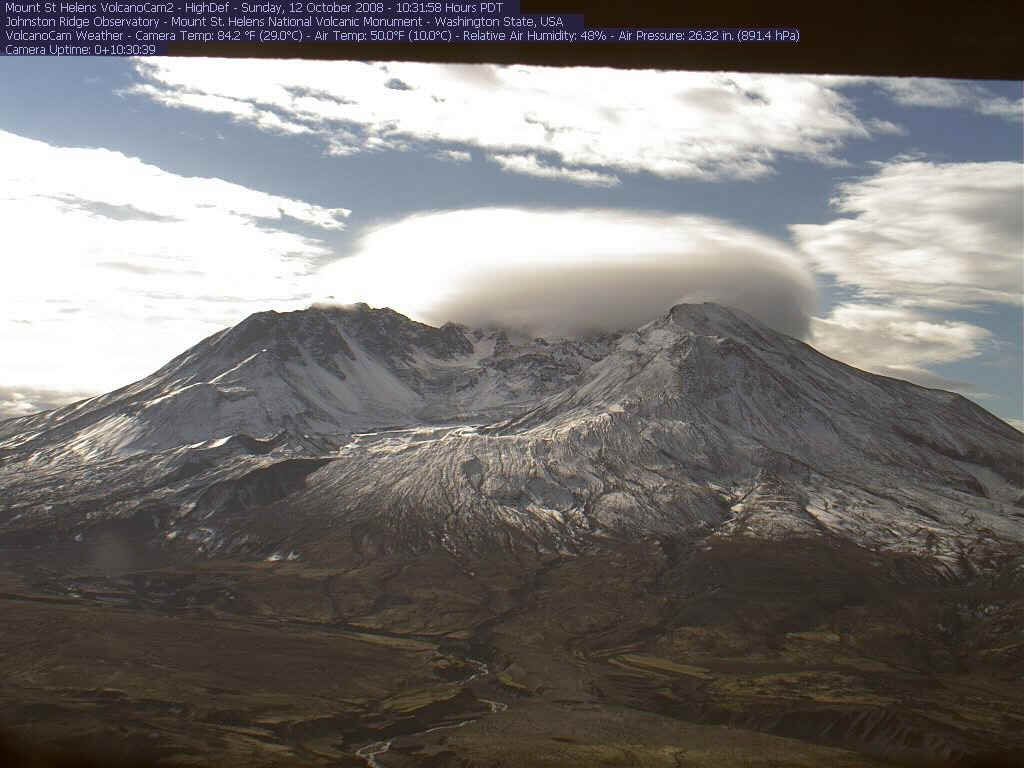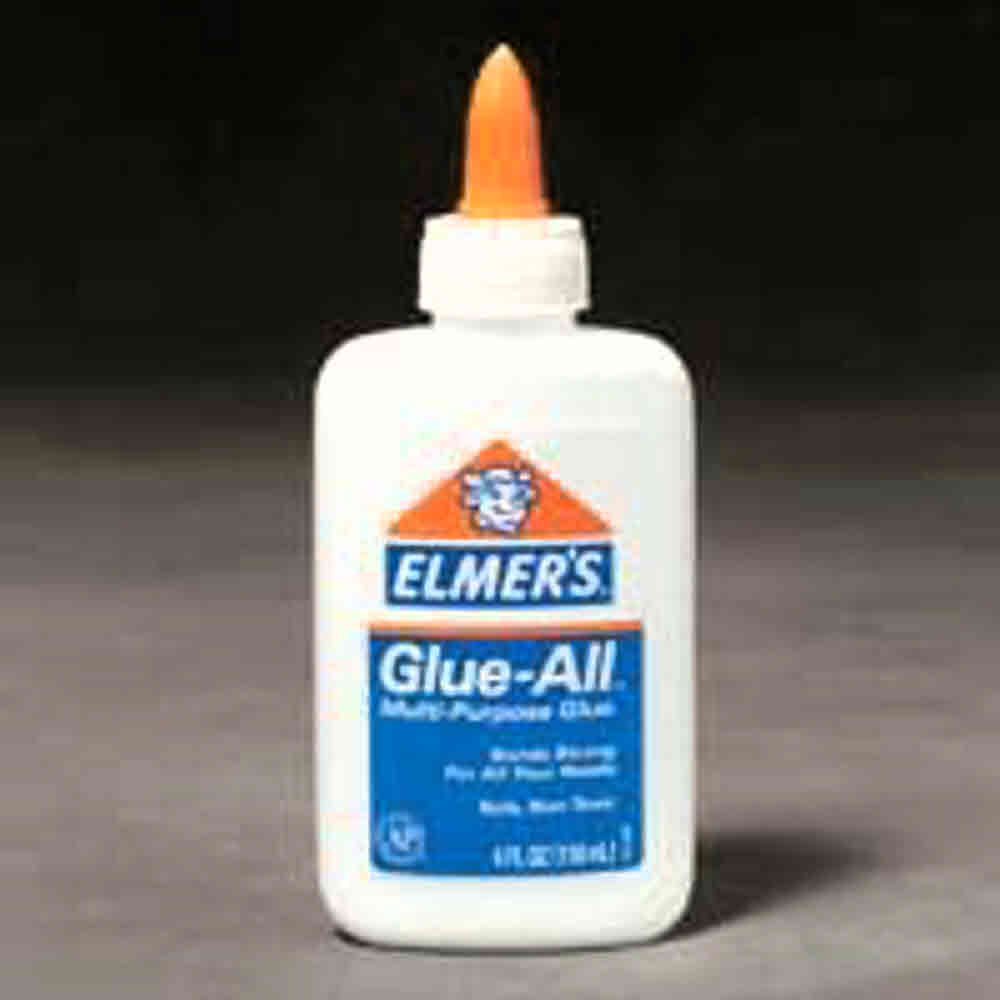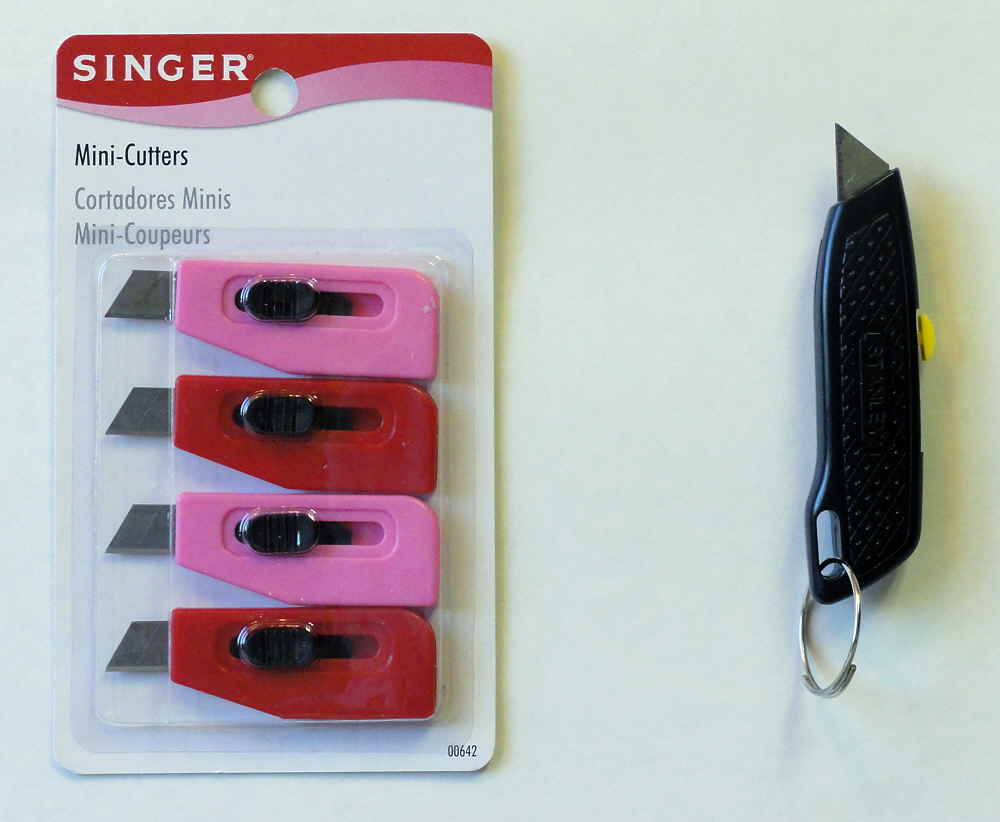What's a good hiking climate like?
"I have been amazed by the amount of rainfall falling around here over the past two days, with a number of locations getting the equivalent of an entire September's rainfall in 48hr! Warm, humid, and tropical. At my home in north Seattle I had 1.1 inches the first day and 1.05 inches the second! The ground is saturated." — (Cliff Mass, Professor, Department of Atmospheric Sciences, University of Washington, on Sunday, September 19, 2010.)
I used to think that western Washington was a good place to live. In many ways it is. When I started backpacking in 1980 everything was fresh and shiny. It was all new. I took whatever came along. And it was all great.
I even did a three-day trip into the Hoh rainforest on the Olympic Peninsula in February of 1981. It was interesting. Wet but interesting. And not that wet, really. I even wore jeans then.
"Throughout the winter season, rain falls frequently in the Hoh Rain Forest, contributing to the yearly total of 140 to 170 inches (or 12 to 14 feet!) of precipitation each year." (That's 3556 - 4318 mm) — nps.gov
The only real problem I had was with mice, who were all over me the first night, but not so much the rain.
But I'm used to this area now, and have expectations. Maybe that's part of my problem. And the last three seasons have been horrible.
The first expectation is that summer begins on July 12, or if not, then the next day. What that means is that the rain stops for three months, sometimes more. It's common to have a 90-day summer drought here. You can't beat that during backpacking season.
I once left the state in June, because the gray and wet had made me crazy. I returned in August, and the next day there was a thunderstorm, the first rain in all that time. Greetings, pardner.
Incidentally that was also the only time I've heard the earth's electrical dynamo wind up for a kill. I was looking out the back window of my apartment when a loud buzzing noise moved through the yard, and then there was a huge bang across the street when a lightning bolt zapped the neighbors.
The second expectation you get from living here is that you can go hiking and backpacking most places by the end of May if not earlier, with the high country slowly melting out, but pretty fully available by the end of June.
Things aren't cooperating lately.
For the last three seasons it's been almost impossible to get out even into flat, open areas at moderate elevation before the end of July, and even then there may still be deep old snow in shaded places and on north slopes, so say mid-August for real backpacking.
This year too.
I went back and finished in late August a trip I tried in late July, glad that I'd been smart enough to give up on the first attempt. Because of the north facing slopes and their angle, it would have been suicide to keep going.
So, too bad.
I did some stuff when I could, and planned to fill in with September and even October hiking.
September is always nice. The days are shorter, but no one is out there any more, the bugs are down for the season, and only a few idiots with artillery are creeping through the shrubbery, but not in the national parks. All in all a decent time to make tracks.
Eh.
Rain, rain, and more rain this year.
"Olympia has accumulated 4.1 inches of rain in just the past 4 days and 5.3 inches over the past 31 days. September normal at Olympia is 2.0 inches for the entire month." — Cliff Mass on Sunday, September 19, 2010.
Every low spot is knee deep in muddy water. The skies are gray, parting only for a few hours at a time to give hope to losers like me who still pray there's a chance to save the season. Or at least to get out and do something.
That last trip? Passable but bad.
The high temperature was 55 degrees (13 C). For several days it hung around 40 degrees (4 C). This was the end of August. Add gray skies, cold winds and fog, and you have a fine old time. Not to mention the weekend herds of off-road motorcyclists.
But if I can get two solid days of sun I'm going back out, to visit Jumbo Peak, which I missed last year. Not expecting it though.
All of which gets me wondering if there really is any genuinely good place to backpack. Is there a climate? An ideal climate?
Probably not.
Given all the options, cold is better than hot, and dry is better than wet, but it doesn't seem like there is a good balance anywhere.
Dry means no water, and usually means hot, and you find lots of nasty crawling things in hot, dry places. Cold tends to mean either late-season and dry, and too cold, or too-early the next season, and muddy.
Hot is hot.
Wet is like a creeping fungal disease that spreads — start getting wet and you can only get wetter — you never dry out on the trail while things remain wet.
So basically I'm fuddled. Thwarted, disappointed, confused, and annoyed. Yet another season has to be written off, and I can't afford to fly off to the Land of Everlasting Perfection even if I could find it on a map.
A few days of evil at a time are part of the deal. I can suffer with the best of them and keep on slogging, but when a whole season goes down the toilet, and again, and again, then I don't know what to think.
Especially since I may be somewhere else next year, doing something different, in a place where backpacking just isn't possible in any real sense.
Bleh. Not your problem.
See tabs at the top for definitions and books.
Have extra info to add?
If the commenting system is out again, then email sosayseff@gmail.com
Me? Recently nominated for this year's Doofus Awards. (Next year's too.)

